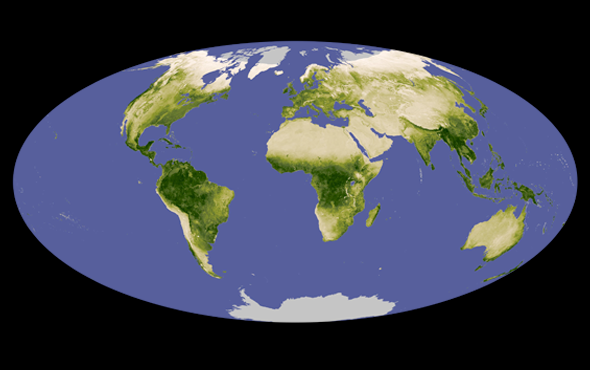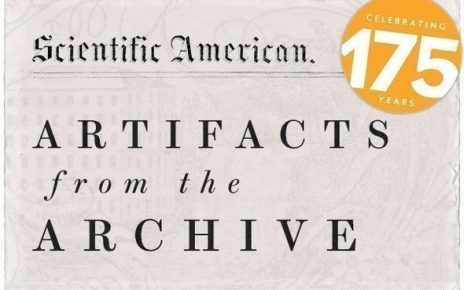
CZECH REPUBLIC
Centuries-old tree rings in today’s Czech Republic and southeastern Bavaria suggest drought may have driven Attila the Hun’s invasion of the Roman Empire. The rings helped researchers to reconstruct the fifth-century climate, identifying dry spells that may have forced the Huns to move on.
GREENLAND
Scientists have identified two-million-year-old DNA, the oldest ever recovered, from Arctic permafrost. The DNA fragments come from more than 100 species, revealing that Greenland’s environment was once much more diverse than today.
INDIA
A Ph.D. student solved a 2,500-year-old linguistic puzzle, decoding a perplexing “metarule”—what option to choose when multiple Sanskrit grammar rules are in conflict—written by an ancient Indian scholar. This gives linguists a better understanding of Sanskrit, including how to teach its grammar to computers.
PAPUA NEW GUINEA
Recent work shows that Indigenous New Guineans’ immune systems were shaped by the DNA of Denisovans, an extinct human species. Denisovans mated with Homo sapiens, and their DNA may have conferred resistance to certain diseases—a legacy that persists in today’s descendants.
TANZANIA
Biologists typically posit that human ancestors learned to walk on two legs on the savanna’s flat expanses. But new research shows that wild chimpanzees walk upright in trees far more often than on the ground, suggesting bipedalism could have first evolved up high.
SOUTH AFRICA AND AUSTRALIA
Construction has begun on the Square Kilometer Array, which, when finished, will be the world’s largest radio telescope. Half is in South Africa’s Northern Cape and half in Western Australia; the first phase of construction is set to conclude in 2028.


